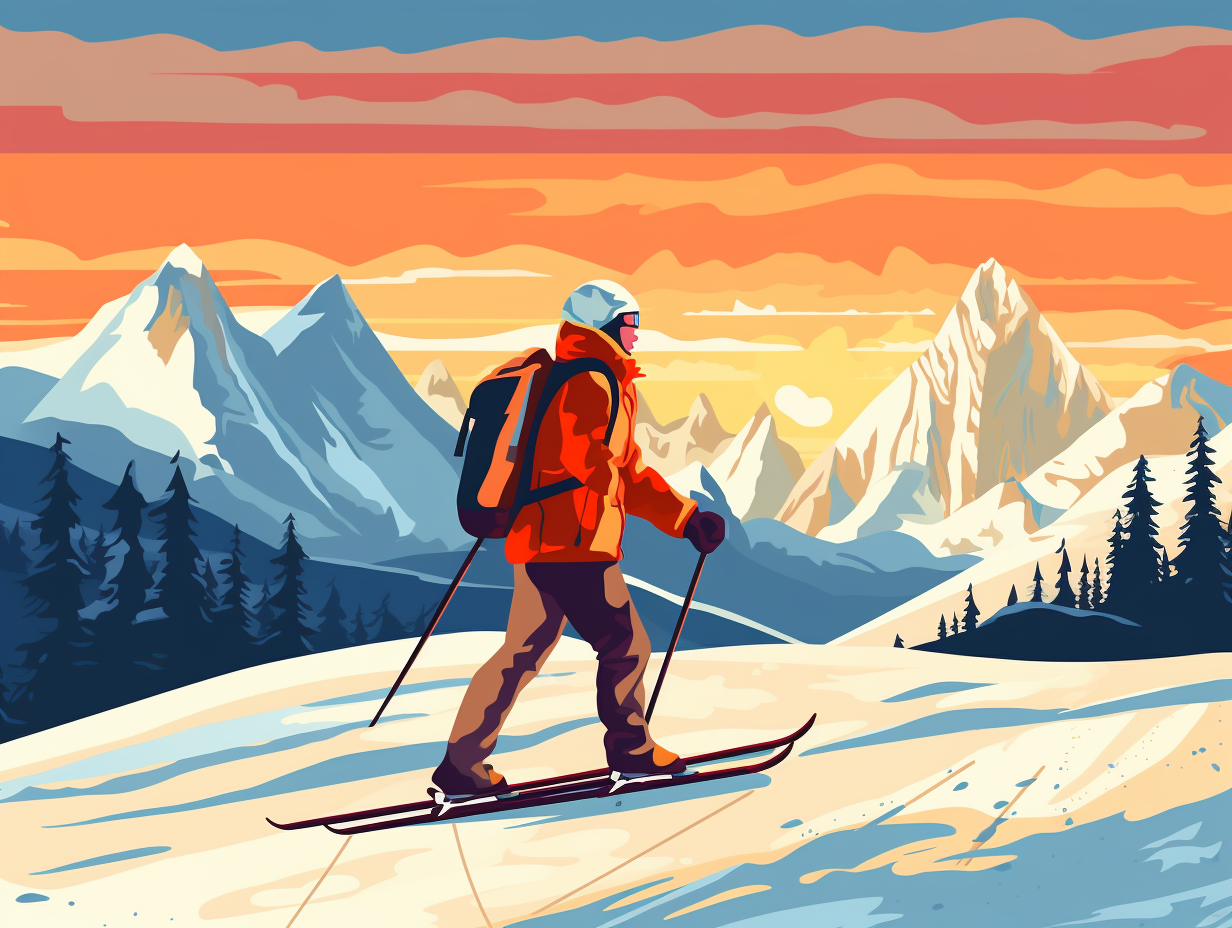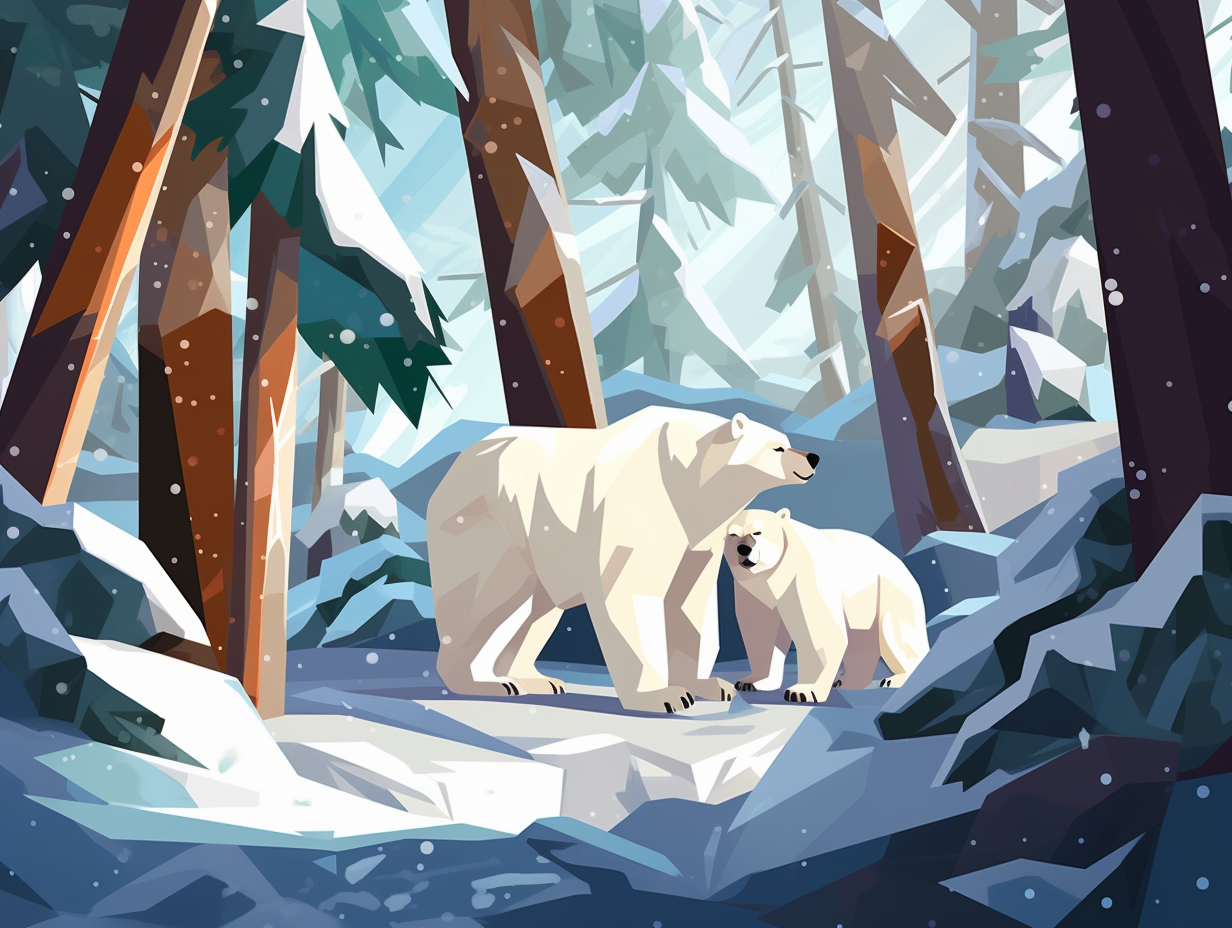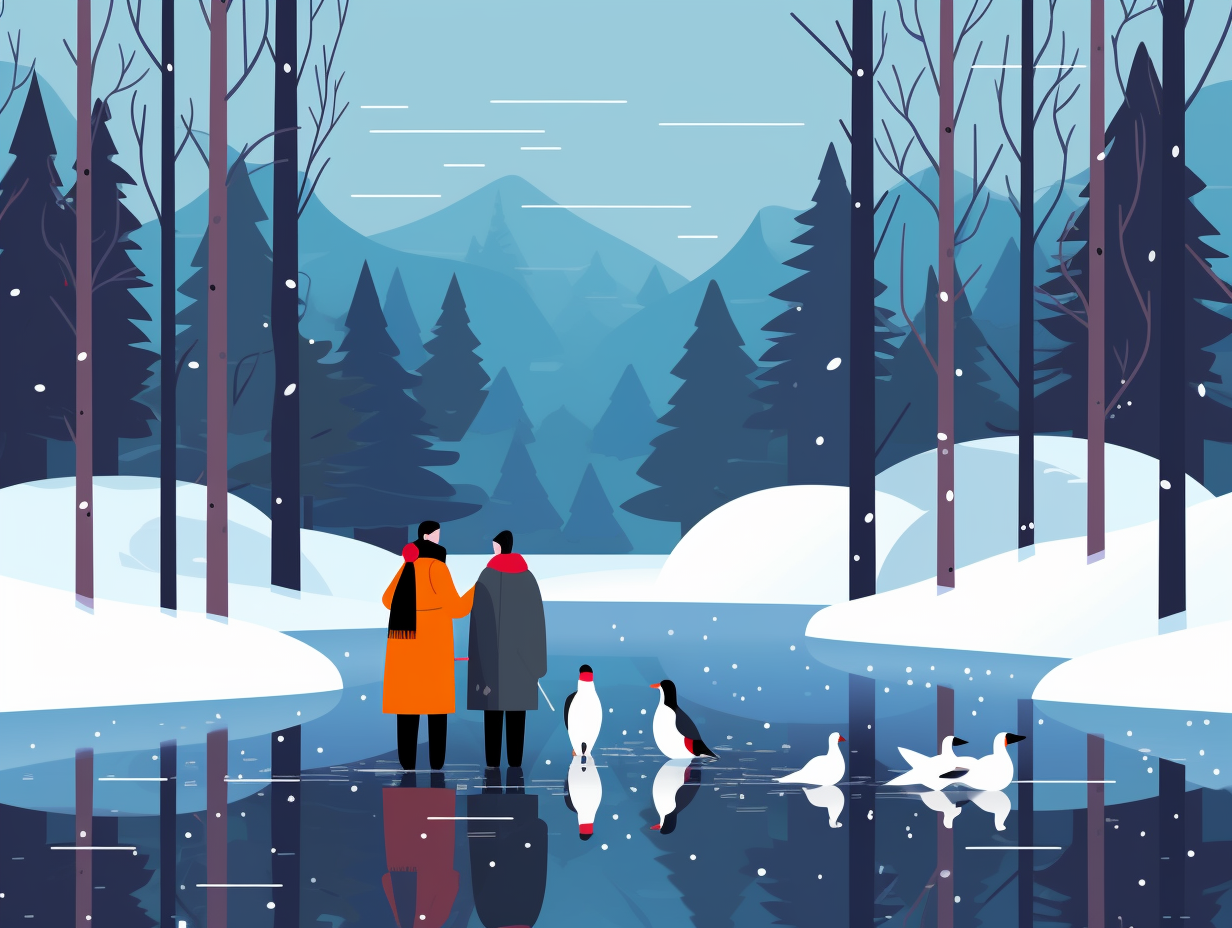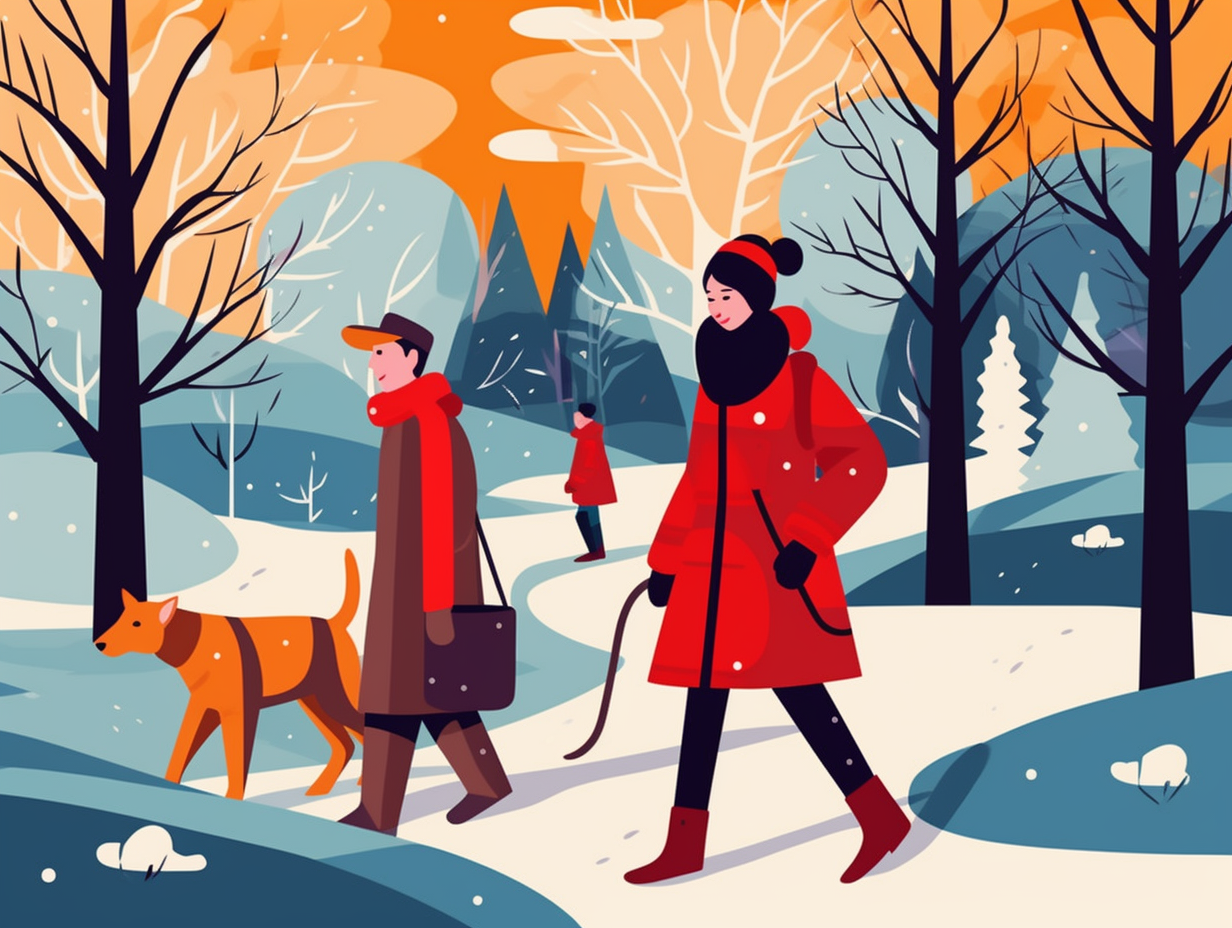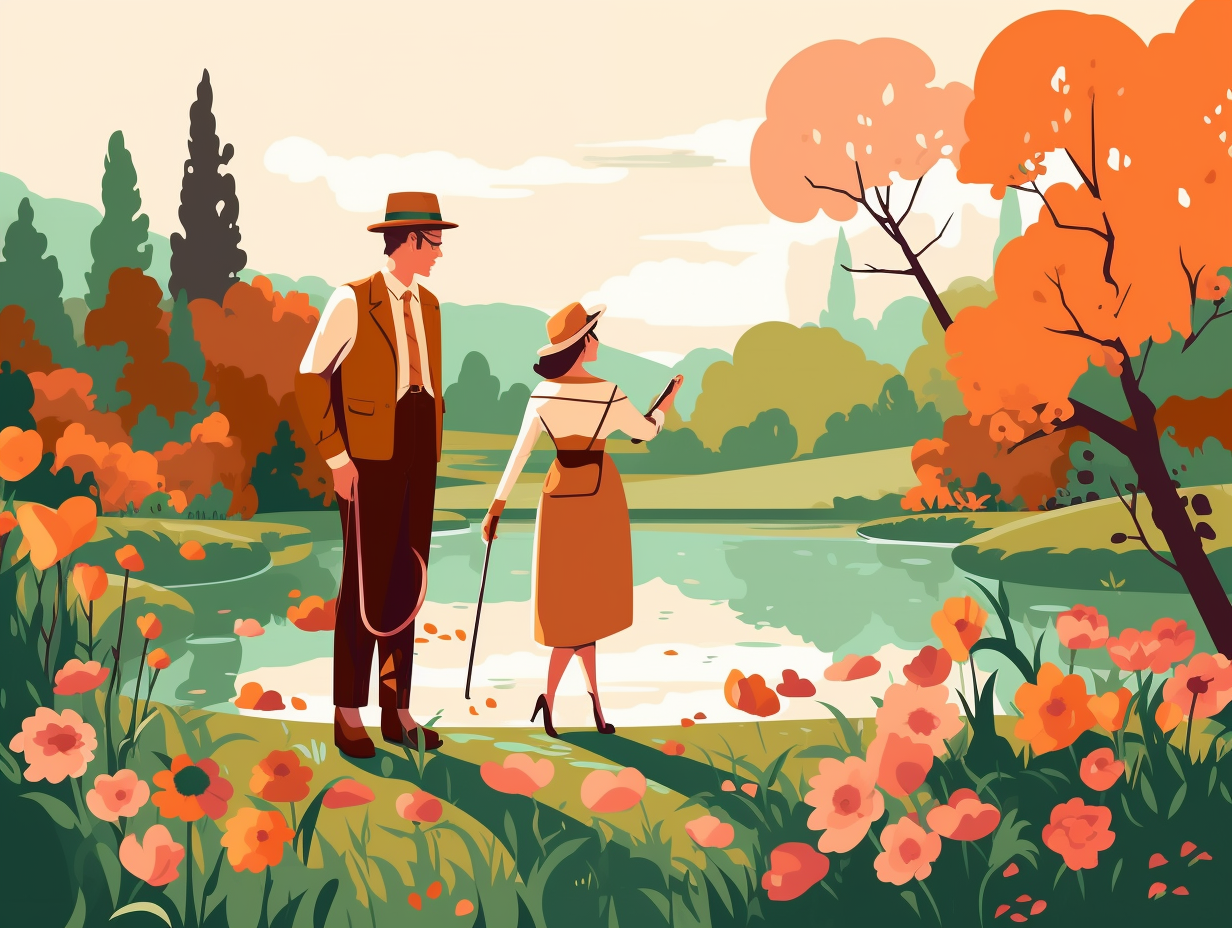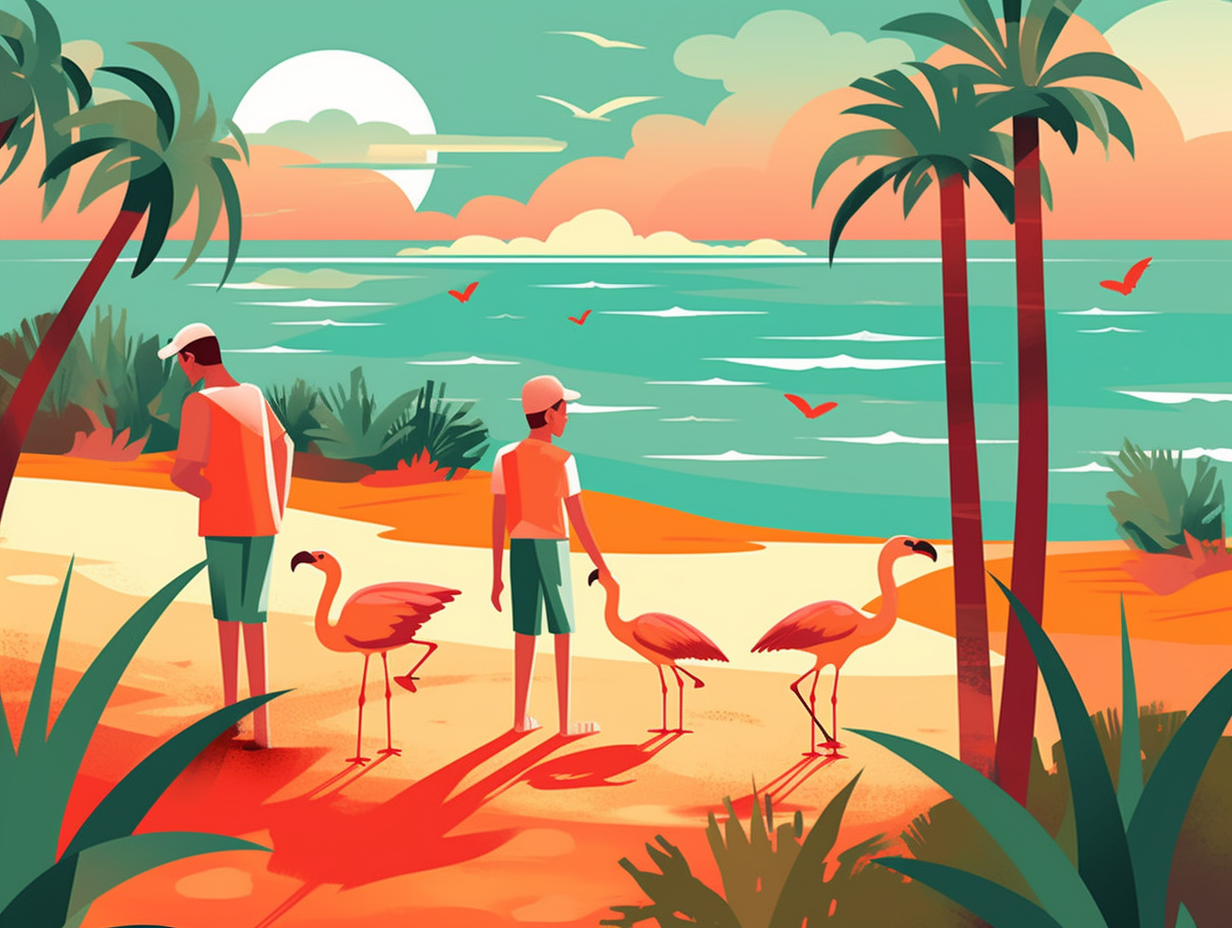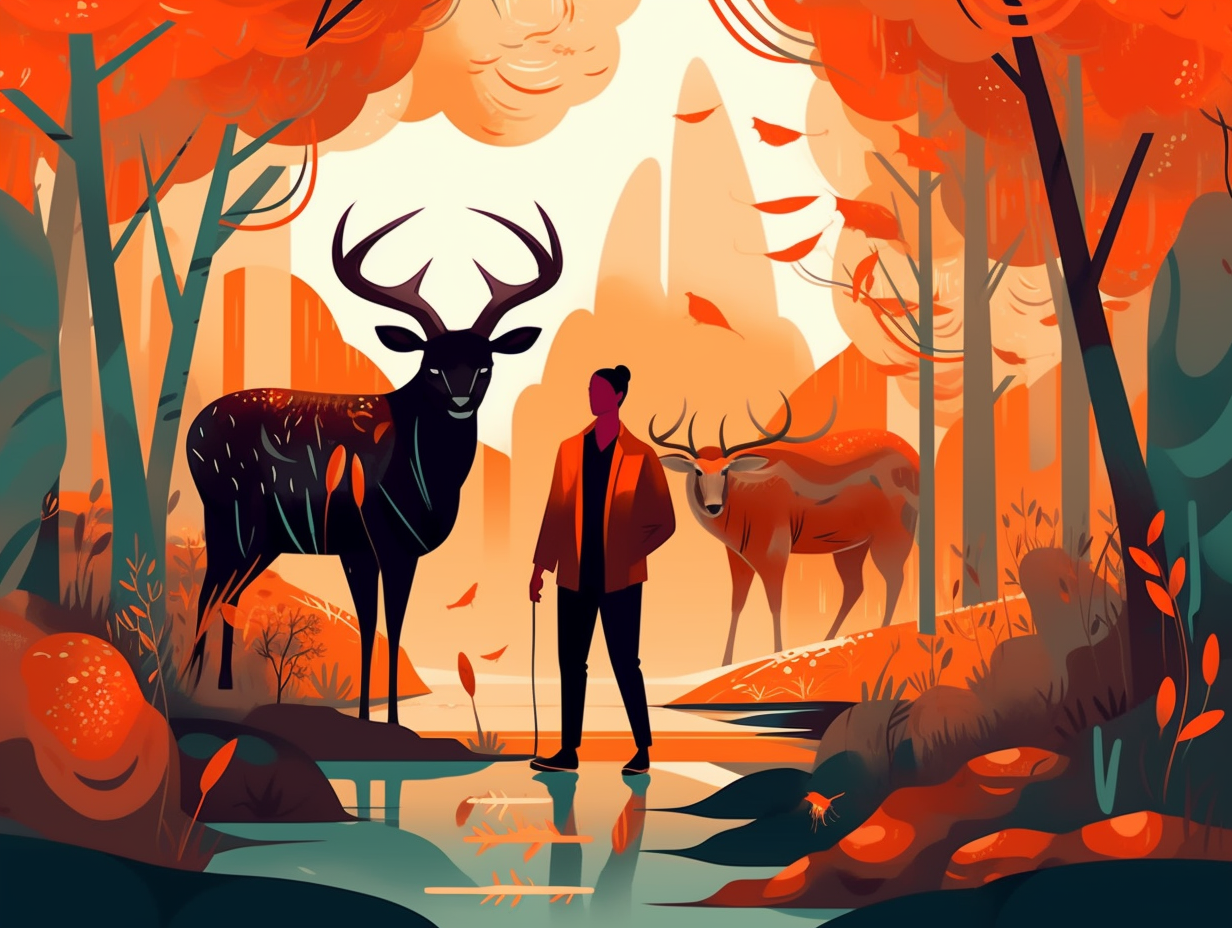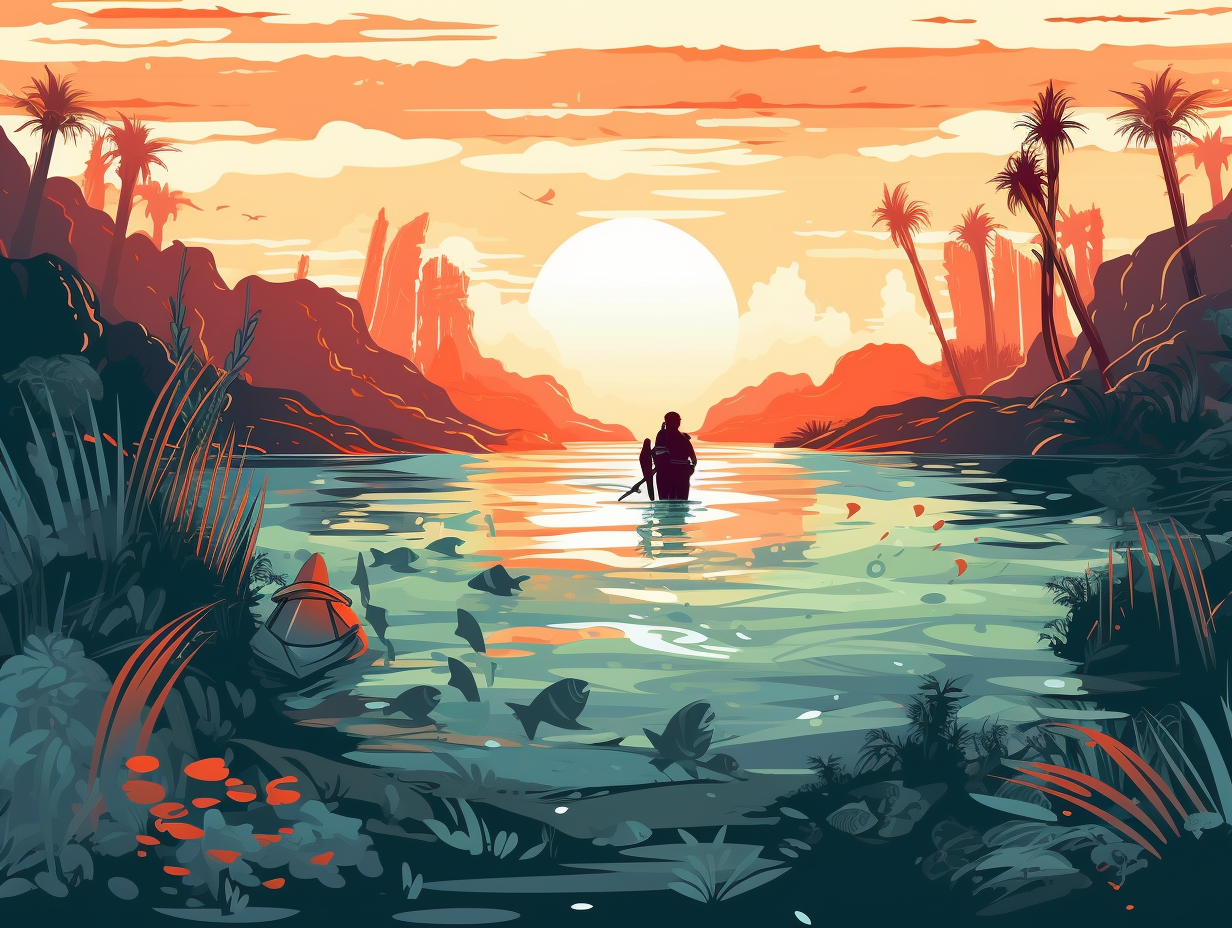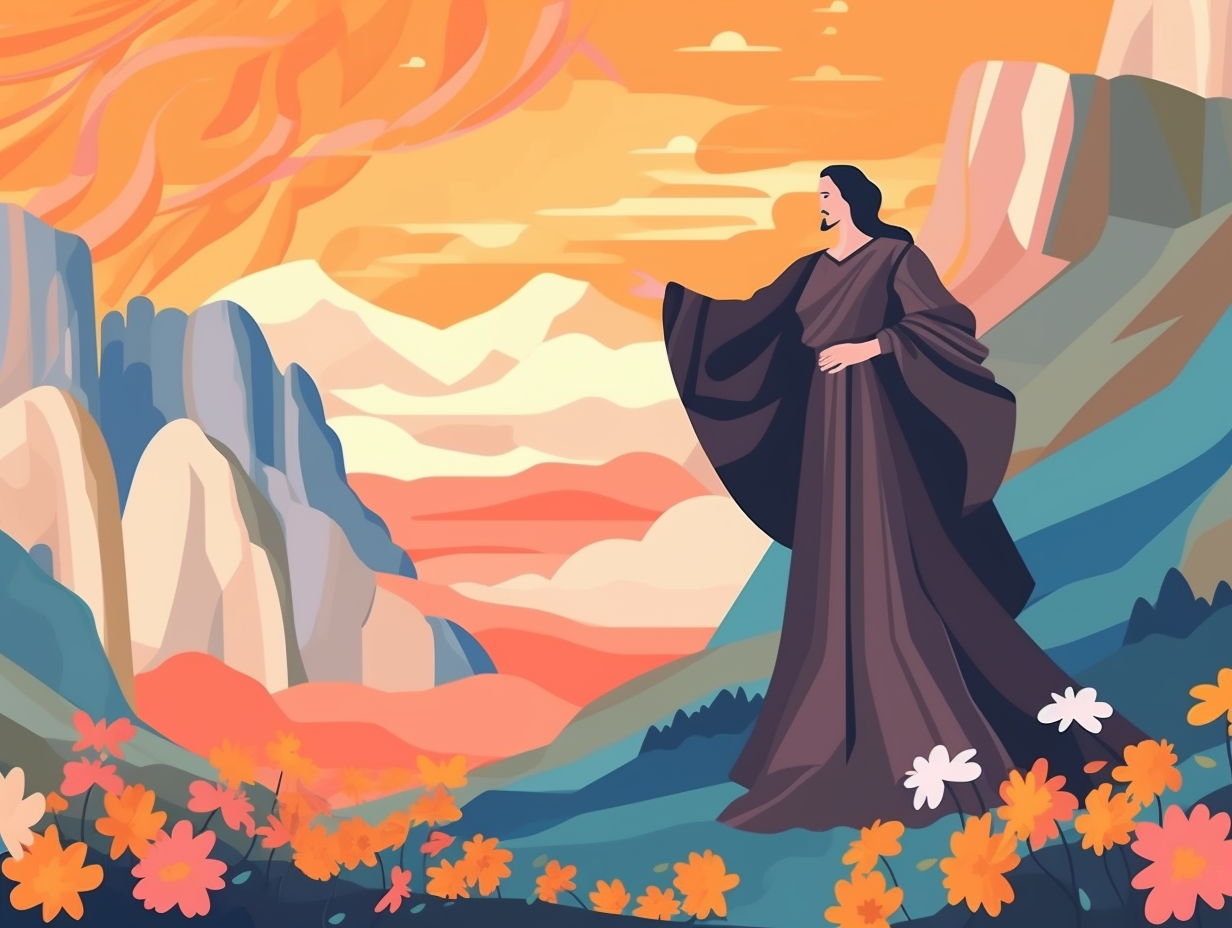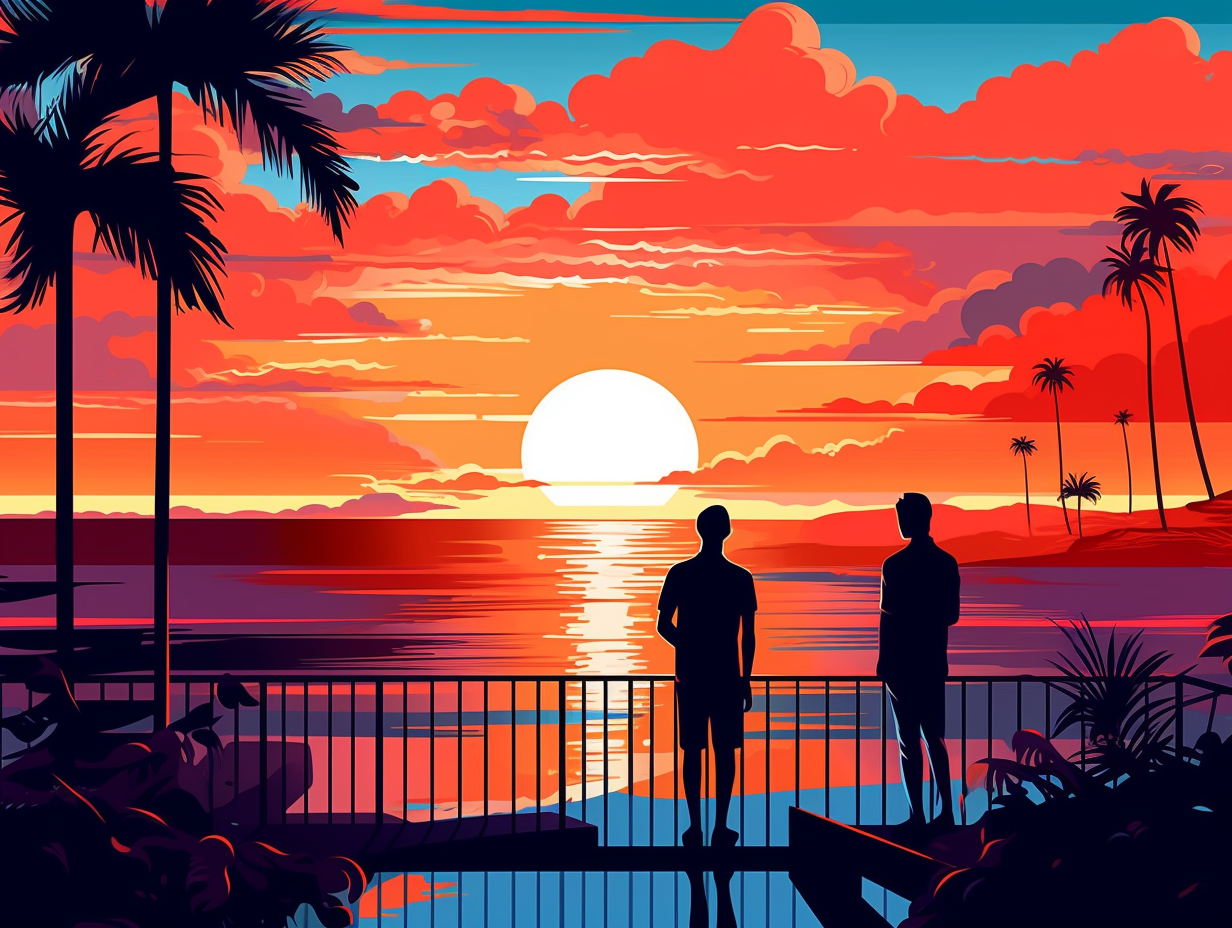15 Amazing Fun Facts About Blizzards: Unleash the Wintry Wonders!
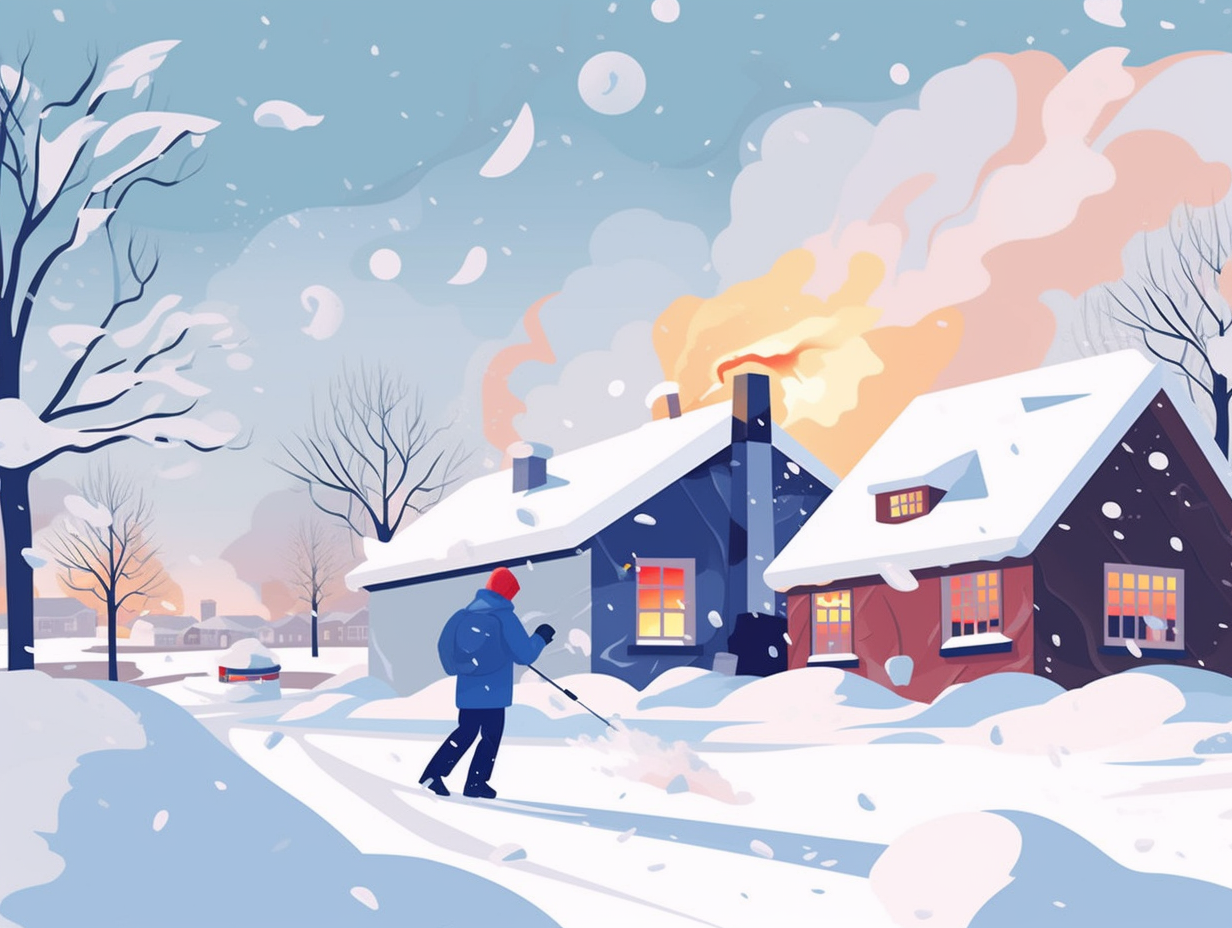
1. Blame it on Blizzards
Ever wished for a little snow so you could build a snowman, only to end up in a scene straight out of Disney's Frozen? Well, blame it on blizzards: These extreme snowstorms were first described in the 1870s by an Iowa newspaper, and the term is believed to come from a word used for cannon fire. Officially defined by the National Weather Service as having winds over 35 mph, visibilities less than 1/4 mile due to heavy snow or blowing snow, and lasting for an extended time, blizzards can strike in any place with snowfall, wreaking havoc with visibility and causing massive snow drifts – giving Elsa's frosty powers a run for their money.
Source => weather.gov
2. Whiteout Hocus Pocus
Step right up, ladies and gentlemen: witness nature's grand illusion at play - the mystifying marvel of a whiteout! Now you see the road, now you don't! But hocus pocus isn't all there is to this spectacular snow show: in reality, blizzards can create whiteout conditions with tremendously reduced visibility caused by a bewitching cocktail of wind, heavy snowfall rates, overcast clouds, mist or fog, and a snow-covered environment, casting a spell of disorientation on us mere mortals.
Source => en.wikipedia.org
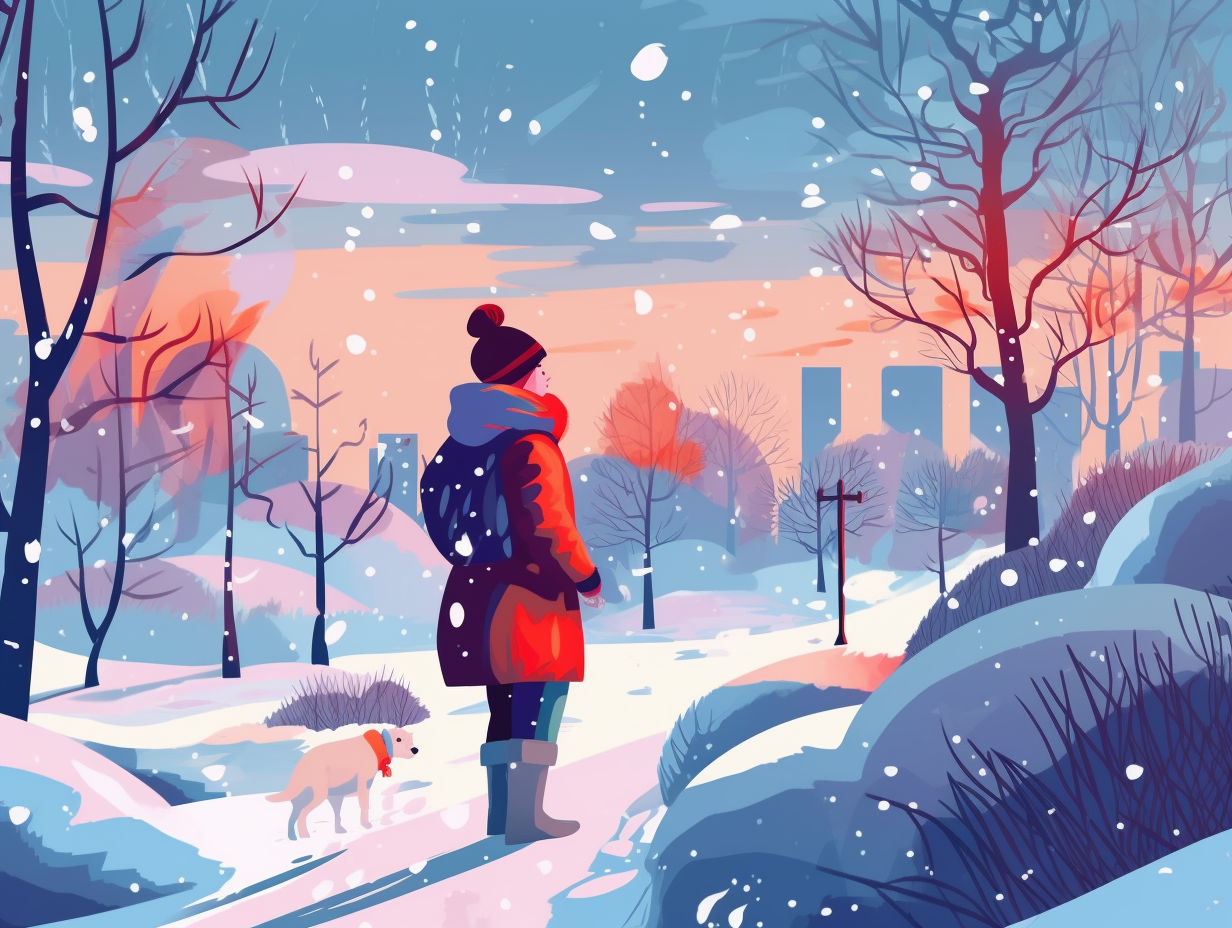
Discover Mother Nature's private art collection of unique six-sided crystal structures, created by temperature and moisture influences during a snowflake's delicate journey from sky to ground. 🌨❄️✨
=> Fun Facts about Snow
3. Old Man Winter's Greatest Show
When Old Man Winter got his groove on in 1888, he waltzed across the East Coast of the United States with a blizzard partner that left a snowy trail of chaos in its path: The Great Blizzard of 1888 paralyzed the coast from the Chesapeake Bay to Maine and Atlantic provinces of Canada with over 45 mph winds and up to 58 inches of snow. This massive snow-ganza caused transportation misery, property damage of around $25 million, more than 400 casualties, and disastrous flooding from melting snow.
Source => en.wikipedia.org
4. Canadian Haircuts and Snowstorms
What do ruthless Canadian haircutters and winter storms have in common? They both appreciate a good Alberta clipper: A fast-moving, low-pressure weather system that speeds through the Canadian province of Alberta, bringing sudden drops in temperature, sharp winds, and local blizzard conditions. Though it may just leave 3-6 inches of snow in its 3-6 hour whirlwind, under the right circumstances, it can escalate to a snow dump of 6 inches or more - particularly if you're hanging out near the Great Lakes during the winter. Quite a snip, eh?
Source => en.wikipedia.org
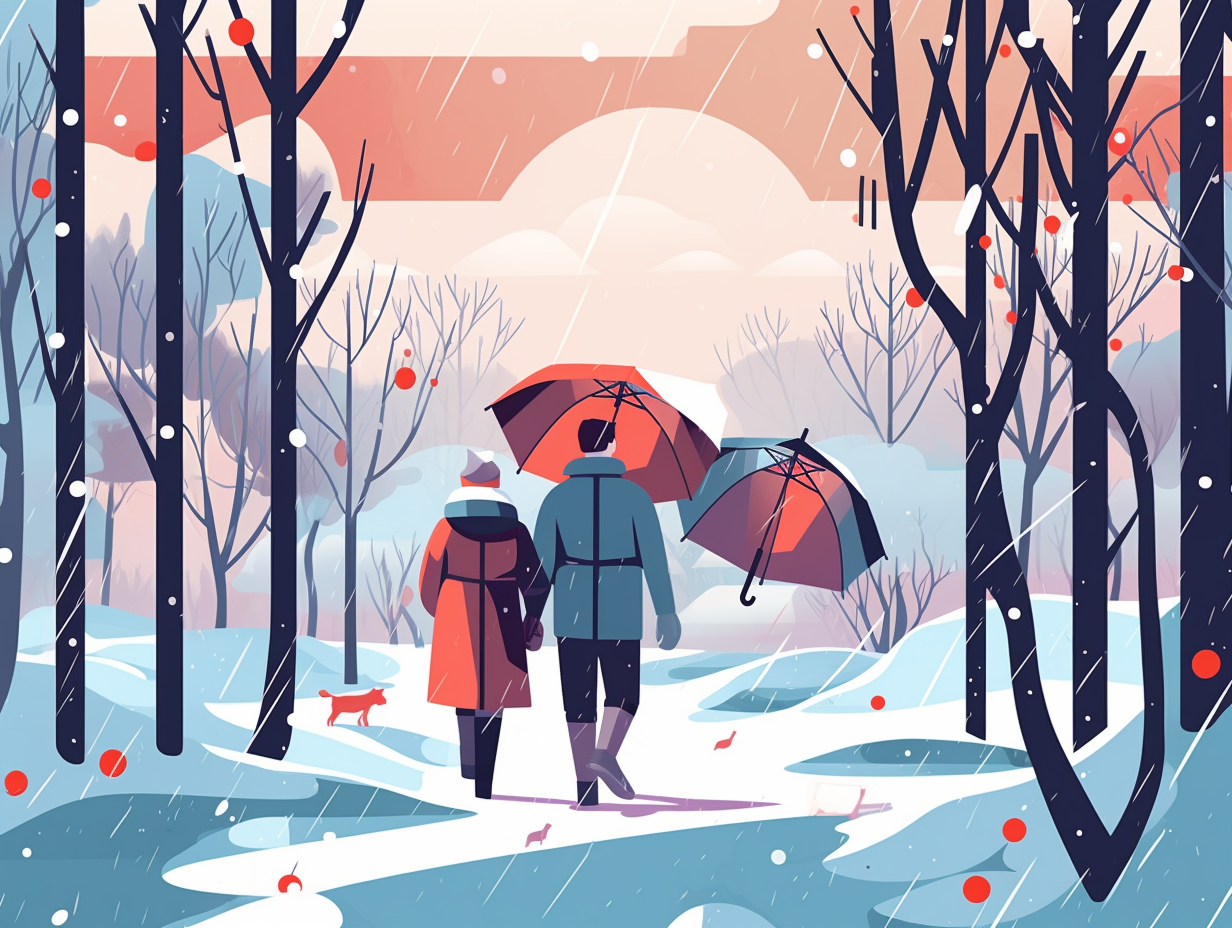
5. Ground Blizzards: the Snowy Encore
Ever wondered if snowstorms have an encore performance? Surprise, it's called a ground blizzard: These stealthy post-storm meteorologic marvels involve strong winds whipping up loose snow or ice from the ground, resulting in whiteout conditions—no new snowfall or cloudy skies needed!
Source => en.wikipedia.org
6. Jack Frost's Traffic Nightmares
Hold onto your snow hats and brace for impact: it's a flakepocalypse! Blizzards can unleash furious "whiteouts" with winds wreaking havoc on visibility and disrupting travel as they sculpt daunting snowdrifts over 20 feet high: putting Jack Frost on the naughty list for traffic nightmares.
Source => nationalgeographic.com
7. Thundersnow: Electric Ice Show
Who needs Thor's lightning-fast wit when you've got nature's chilled-out zingers? Get ready for the electric ice show: Thundersnow is a rare phenomenon where lightning occurs during a snowstorm, with mainly cloud-to-cloud lightning strikes that dazzle against the snowflakes. Though the thunder is often muffled by falling snow and produces a low rumble, it can still be heard up to 3 miles away - just enough to add that frosty sparkle to your snowed-in soundtrack.
Source => stltoday.com
8. Origins of the Word "Blizzard"
Before "Frozen" was even a twinkle in Elsa's eye and folks were warned to "beware the frozen heart," a man named Lightning Ellis was stirring up his own icy storm of wit and wacky words: The first ever use of the term "blizzard" to describe a snowstorm was documented in 1870 by the Northern Vindicator newspaper in Estherville, Iowa, popularized by editor O.C. Bates and likely influenced by the uniquely peculiar vernacular of local funnyman Lightning Ellis.
Source => grammarphobia.com
9. Snow Globe: New York Edition
The Great Blizzard of 1888 transformed New York into a gigantic snow globe, but someone clearly shook it too hard: the city was smothered in snowdrifts up to 50 feet high, bringing all transportation to a standstill. Forget taxis, trains, and trusty steeds – residents had to trudge through the frozen tundra on foot or with snowshoes if they wanted to get around, sometimes even venturing out of their windows to conquer the arctic mountains that blocked their doorways.
Source => 6sqft.com
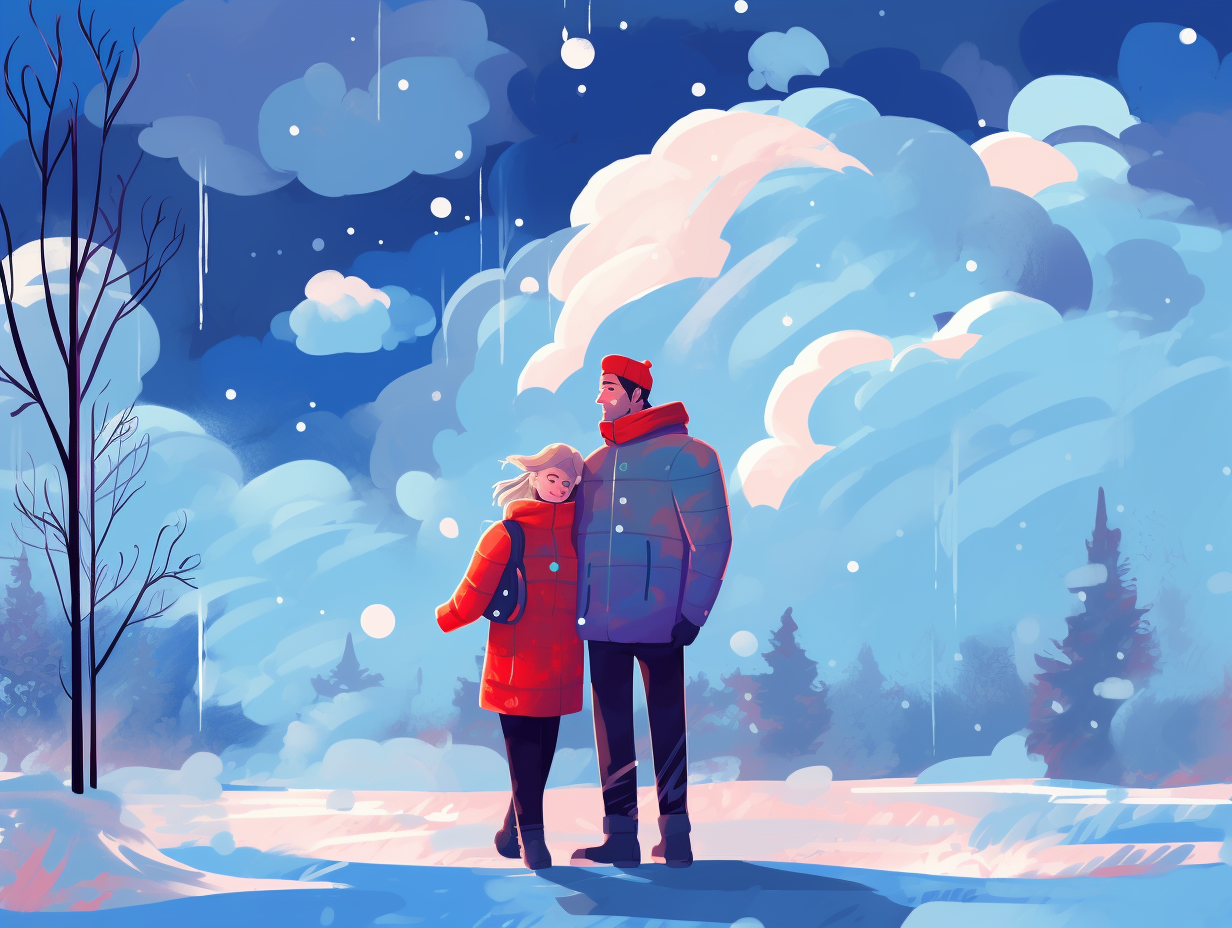
10. MRO Spying on Mars' Laundry
When Mars asked if we could see its long-lost water stains: the Mars Reconnaissance Orbiter (MRO) obliged, capturing images of the planet's surface, which included signs of past water and potential life. The MRO's HiRISE camera even may have caught a glimpse of the 1971 Soviet Mars 3 lander's hardware in 2013, being the first to spot its possible parachute, retrorockets, heat shield, and lander from images taken in 2007 – Thanks to amateur astronomers. Although NASA hasn't given its final approval on the ID, we must commend the MRO for taking a closer look at Mars' ancient laundry.
Source => en.wikipedia.org
11. Operation Haylift: Cattle Rescue
When Mother Nature throws a snowy tantrum and Wyoming's cattle need a haystack intervention: In 1949, the U.S. Air Force initiated Operation Haylift, airlifting 550 tons of hay from Kansas and Colorado to feed stranded cattle and other livestock in Casper and across Wyoming, with private planes and the National Guard also delivering food and medicine to the snowed-in human residents.
Source => wyohistory.org
12. Battling the Storm of the Century
If snowball fights had heavyweight champions, the "Storm of the Century" would be the undefeated titleholder with a knockout punch: In 1993, this ferocious flurrier dumped an astonishing 4 feet (1.2 meters) of snow in a single day, causing widespread power outages, burying roads under snowdrifts, and trapping people in their homes for days until help arrived. So, buckle up for blizzard season and stock up – don't get caught in the ring with this frosty contender!
Source => en.wikipedia.org
13. Mount Le Conte's Snowball Royale
In The Blizzard of '93, Mount Le Conte threw an unforgettable snowball battle royale, with each snowflake contestant vying for the glory of record-breaking accumulation: the mountain championed an impressive 56 inches (140 cm) of snow during the legendary Storm of the Century, making it the ultimate snowy battlefield.
Source => en.wikipedia.org
14. Iran's Deadly Snow Disaster
Mother Nature's snowball fight got a little out of hand: In 1972, Iran faced the deadliest blizzard in history, which took the lives of over 4,000 people, buried 200 villages under 26 feet of snow, and turned the region into a real-life frozen wasteland.
Source => en.wikipedia.org
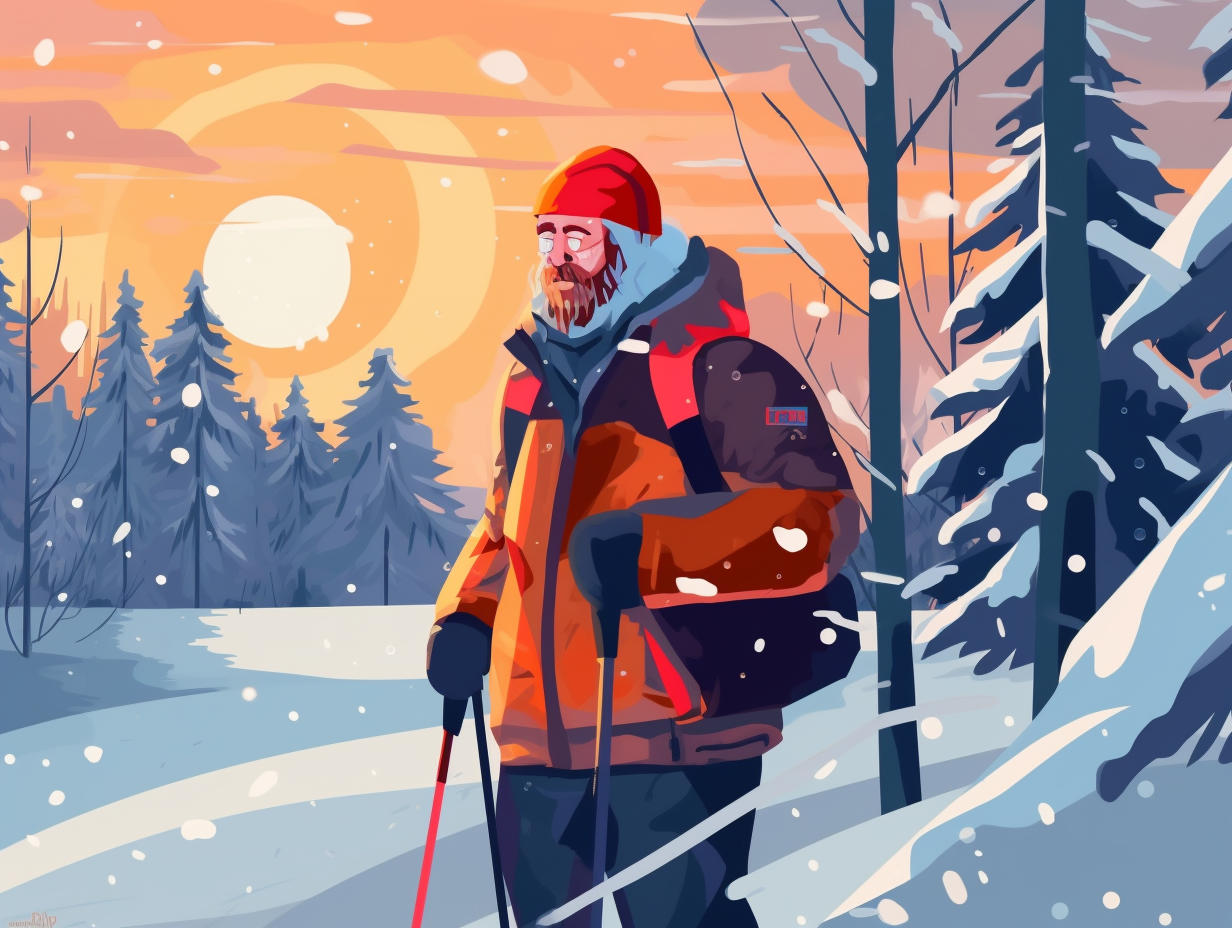
15. Mother Nature's Snowman Squad
Mother Nature's snowman-making squad in action: Snow rollers are cylindrical snowballs that are naturally formed when wet, loose snow gets blown by wind or gravity, accumulating more snow as they roll along. These whimsical wonders can range in size from a modest snowman's middle section to usurping Frosty's throne by being larger than a car, needing a hilly habitat, a slippery surface, and temperatures flirting with the freezing point to make their rare and magical appearance.
Source => en.wikipedia.org
Related Fun Facts

